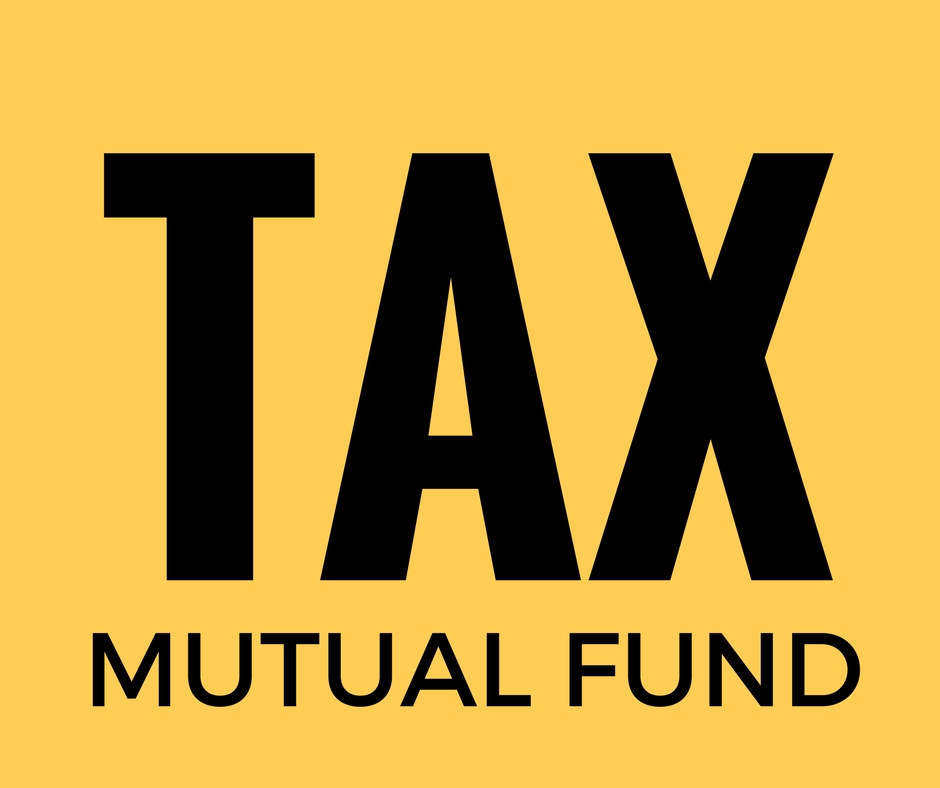Mutual Fund Taxation Guide | Must Read !!
- 22 May 2017 | 1585 Views | By Mint2Save

There is no doubt that mutual funds have become sort of a commodity in this ever growing market of investments and finance. With investments beginning from as low as Rs. 500/-, mutual fund are getting huge attention of institutional as well as retail investors and the corpus is growing everyday.
Mutual funds do not need a large initial investment. Also, if you shop sensibly, you can limit how much you have to pay to own them. But there definitely is one thing that not all mutual funds are tax friendly.
Taxes that MF shareholders pay
Mutual fund shareholders usually pay federal and, in many cases, state and local income taxes, including taxes on dividends and capital gains. Stockholders who own mutual funds outside of tax advantaged accounts are taxed every year. They are taxed on 2 types of transactions – distributions from the fund and the sale of the fund shares. We shall learn the significant types of taxation of mutual funds.
How are Mutual Fund Dividends taxed?
If you are thinking to buy mutual funds that pay dividends, it’s clever to know how dividends are taxed before buying. You may even agree that dividend funds are not the best funds to buy for your investment objectives or tax situation.
When Are the MF Dividends Taxed?
It is significant to note first that mutual fund shareholders can be taxed on an asset’s dividend, also if distributors these distributions are received in cash or reinvested in additional shares of the fund. For some tax deferred and tax advantaged accounts, for instance an IRA, 401(k) or annuity, dividends are not taxable to the investor while held in the account. In its place, the investor will pay income taxes on withdrawals during the taxable year the distribution (withdrawal) is made.
For taxable accounts, say individual and joint brokerage accounts, MF dividends are usually taxed in the form of ordinary income (which is taxed at the individual income tax rate) or as qualified dividends (taxable up to a 15% maximum rate).
For instance and an idea of stats, tax year 2016, which they need to know for their tax filing due in April of 2017, here are the tax rates for dividends:
- Income Brinks: Individuals and marital taxpayers in the 10% and 15% tax brackets will pay 0% on eligible dividends and most capital gains.
- Qualified Dividends: Received Income will be taxed at the equal rate as long-term capital gains.
- Tax Rate: Individuals lying in the 25%, 28%, 33%, and 35% federal income tax brackets will pay 15% on capital gains, whereas taxpayers in the 39.6% bracket will pay 20%.
DISTRIBUTIONS AND YOUR TAXES:
In case you hold shares in a taxable account, you are needed to pay taxes on mutual fund distributions, whether the distributions are paid out in cash or reinvested in additional shares. The assets report distributions to shareholders in IRS Form 1099-DIV after the end of every calendar year. For any time during the year you bought or sold shares in a mutual fund, you must report the transaction on your tax return and pay tax on any gains and dividends. Moreover, as an owner of the shares in the fund, you must report and potentially pay taxes on transactions conducted by the fund (whenever the fund sells securities)
In case you compare various mutual funds at the same company, it may not feel like you received your money back and then reinvested it. Though, the transactions are treated like any other sales and purchases, and so you must report them and pay taxes on any gains. We will look at the types of distribution and the type of taxes associated with it:
| Kind of distribution | Federal income tax treatment |
| Long-term capital gain | Subject to the capital gains rates, usually lower than the ordinary income tax rates |
| Short-term capital gain | May be treated as ordinary dividends, thus taxable at ordinary income tax rates |
| Qualified dividend | Normally taxed as long-term capital gains (subject to certain holding period and hedging restrictions) |
| Ordinary or non-qualified dividend | Taxable at ordinary income tax rates |
| Tax-exempt interest | Not taxable for federal tax purposes; may be subject to state and/or local taxes, depending on your resident state and the type of bonds purchased |
| Taxable interest | Taxable at ordinary income tax rates |
| Federal interest | Taxable at ordinary federal income tax rates, but exempt from state income tax |
| Required distributions | Taxed as ordinary income |
| Return of capital | Not taxable |
In case of when there is no distribution:
If a MF does not have any principal gains, dividends, or other payouts, no distribution could occur. There could also be a non-taxable distribution. Shareholders will not be needed to pay taxes if the fund has not completed a taxable distribution, and shareholders will not receive a Form 1099-DIV for that fund.
Securities Transaction Tax (STT):
In the case of equity mutual funds in which investments have been carried out for more than a year, a Securities Transaction Tax is levied on the amount that is redeemed. It is a very small amount and as evident from the image above, is usually 0.001% of the amount that is to be redeemed.










